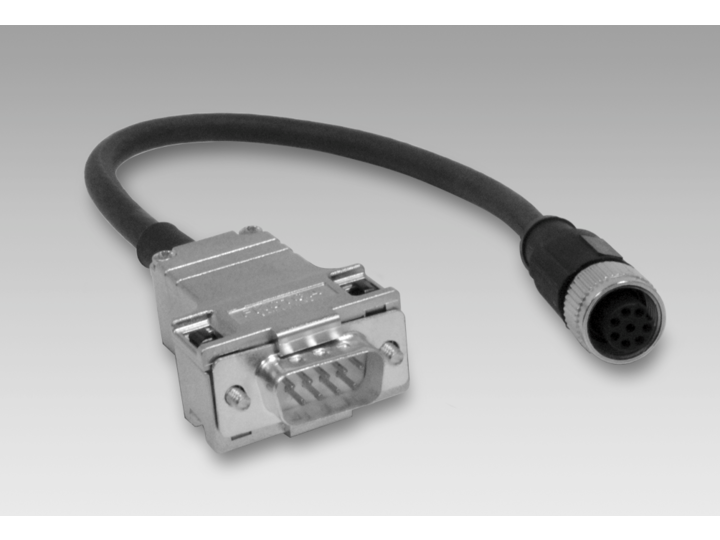Unlocking Connectivity: A Comprehensive Guide to D Sub Connectors, M12 Connectors, and M12 Cables

In today’s fast-paced world, connectivity is a crucial aspect of our daily lives. Whether it’s in our homes, offices, or industrial settings, the need for reliable and efficient data transmission cannot be overstated. This is where connectors play a vital role. In this comprehensive guide, we will delve into the world of D Sub Connectors, M12 connectors, and M12 cables. We’ll explore their features, applications, and why they are essential components in various industries.
Understanding D Sub Connectors
What are D Sub Connectors?
D Sub connectors, short for “D-Subminiature” connectors, are a family of electrical connectors commonly used for signal transmission and data communication. These connectors are known for their distinctive D-shaped metal shell and multiple pins or sockets, making them suitable for various applications.
Types of D Sub Connectors
D Sub connectors come in various sizes and configurations, each designed for specific purposes. We will discuss the common types and their uses, from DB9 to DB25 connectors.
The Versatile M12 Connector
Introduction to M12 Connectors
M12 Connector, on the other hand, are known for their versatility and rugged design. These circular connectors are widely used in industrial automation, sensors, and other applications where reliability is paramount. We will explore the unique features that make M12 connectors stand out.
Benefits of M12 Connectors
M12 connectors offer several advantages, including robustness, waterproofing, and easy installation. We will delve into these benefits and explain why they are favored in demanding environments.
M12 Cables: The Backbone of Connectivity
Exploring M12 Cable Assemblies
M12 cables are an integral part of M12 connectors, serving as the link between devices. We will examine the types of M12 cables available and their importance in ensuring seamless data transmission.
Advantages of Using M12 Cables
Discover the advantages of using M12 Cables, including their reliability, resistance to environmental factors, and the role they play in maintaining signal integrity.
Applications and Industries
Where are D Sub Connectors Used?
D Sub connectors find applications in a wide range of industries, including aerospace, telecommunications, and automotive. We will explore specific use cases to understand their importance.
Industries Benefiting from M12 Connectors
Learn about the industries that benefit from M12 connectors, such as manufacturing, robotics, and food processing, and how these connectors enhance efficiency.
Choosing the Right Connector
Factors to Consider when Selecting D Sub Connectors
Selecting the right D Sub connector involves considering factors like connector size, pin count, and application requirements. We will provide guidance on making the appropriate choice.
How to Select the Ideal M12 Connector
Choosing the right M12 connector is essential to ensure seamless data connectivity. We will discuss key considerations and provide tips for selecting the ideal M12 connector.
Installation and Maintenance
Installing D Sub Connectors
Proper installation of D Sub connectors is crucial for optimal performance. We will walk you through the installation process, emphasizing best practices.
Tips for Maintaining M12 Connectors
Maintaining M12 connectors is essential to extend their lifespan. Discover valuable tips for ensuring the longevity and reliability of your M12 connectors.
Future Trends and Innovations
The Evolution of D Sub Connectors
Stay ahead of the curve by learning about the evolving landscape of D Sub connectors. Explore the latest innovations and trends shaping the connector industry.
Trends in M12 Connector Technology
As technology advances, so do M12 connectors. Find out about the latest developments in M12 connector technology and how they are impacting various industries.
Conclusion
In conclusion, D Sub connectors, M12 connectors, and M12 cables are integral components of modern connectivity solutions. Their reliability, versatility, and robustness make them essential for a wide range of applications. Whether you’re in the aerospace industry, manufacturing sector, or simply need connectivity solutions for your home, understanding these connectors can help you make informed decisions and ensure seamless data transmission.
